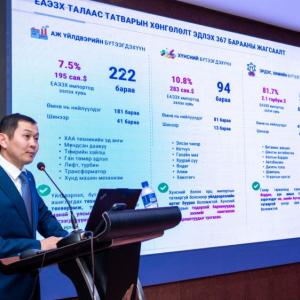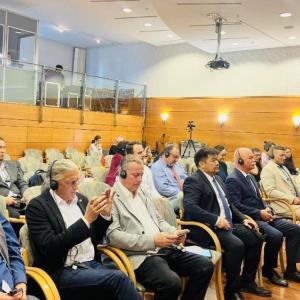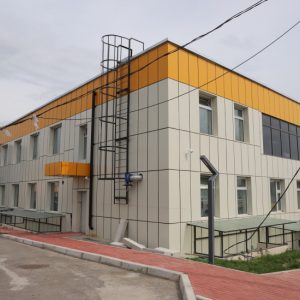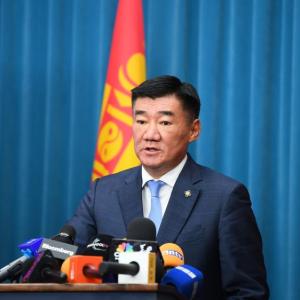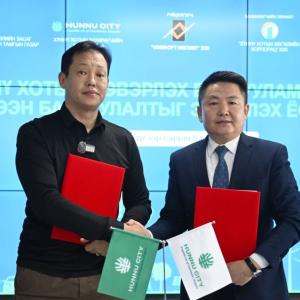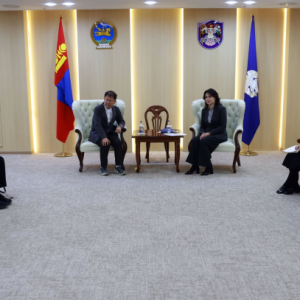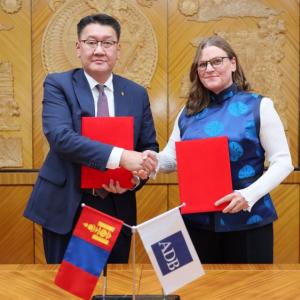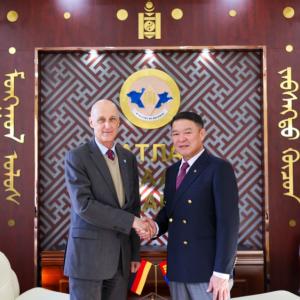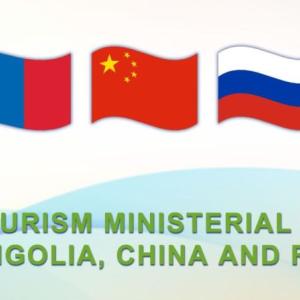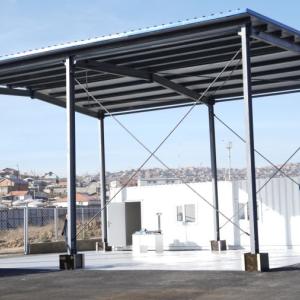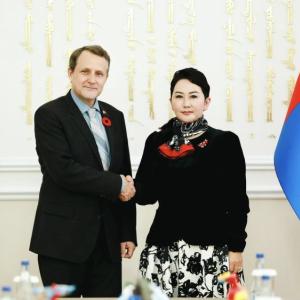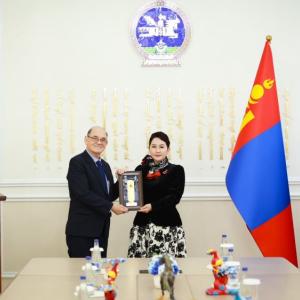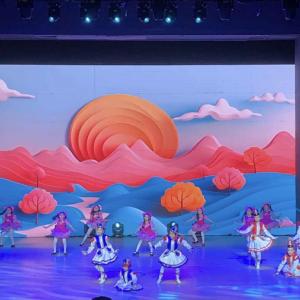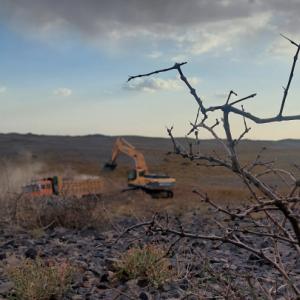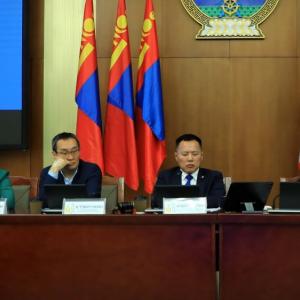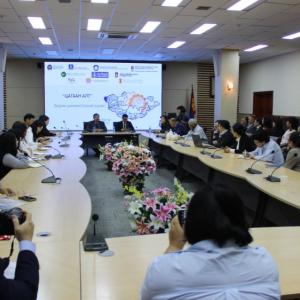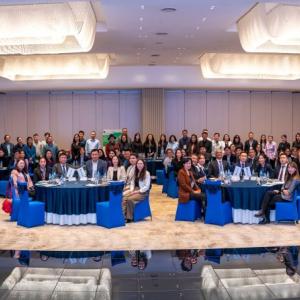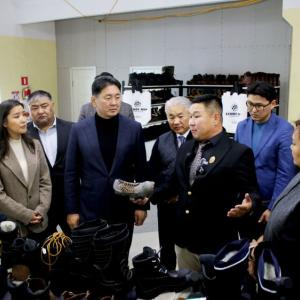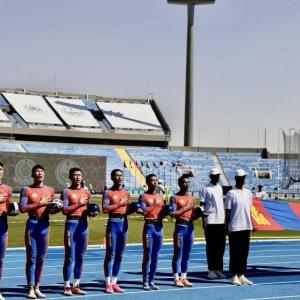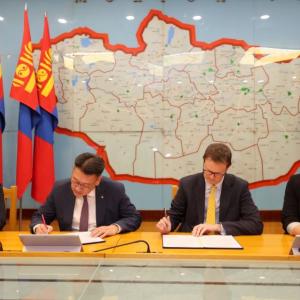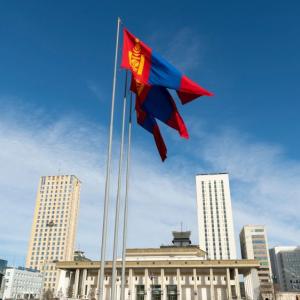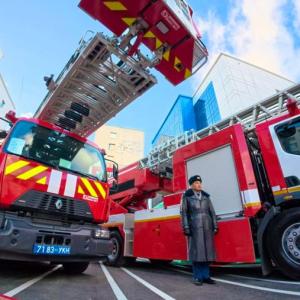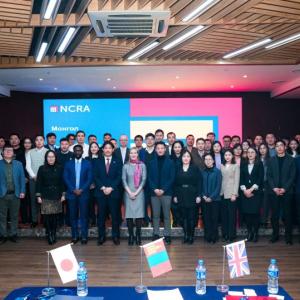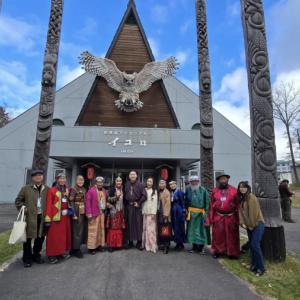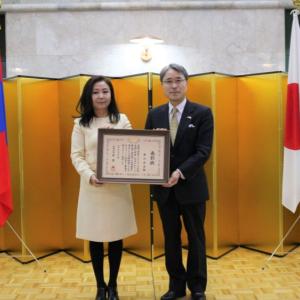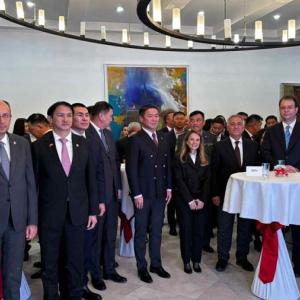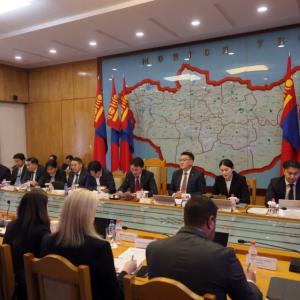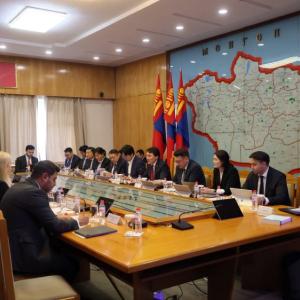Local authorities made commitment to spend 10 percent of livestock tax incomes for protection of surface water
Environment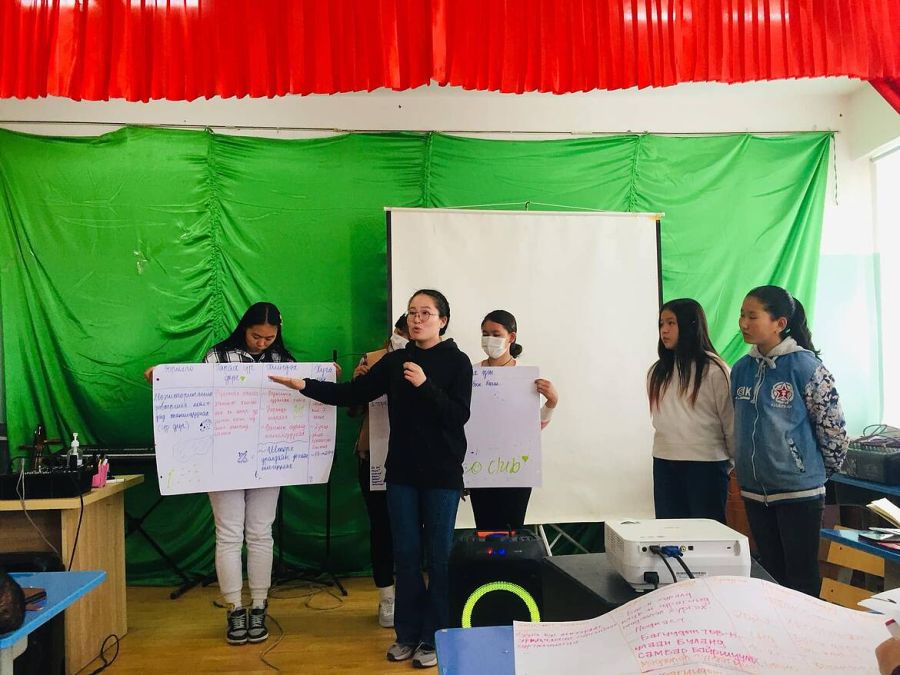
Ulaanbaatar /MONTSAME/. WWF-Mongolia annually celebrates Mongolian Saiga Day in April. In 2022, the Mongolian Saiga Day was celebrated in Western Mongolia, where 44 eco-club members-school children and 11 teachers of 11 eco-clubs in the region presented their annual performances with regard to the saiga conservation.
During the reporting period, the eco-club members and teachers placed a focus on the protection of the water sources (e.g. heads of natural springs) accessed by wildlife. Since 2018, the eco-clubs have been successfully undertaking protection of the water sources (e.g. heads of streams and natural springs) accessed by wildlife in the region. This initiative and dedication of the eco-club members have been supported by WWF-Mongolia.
To protect water sources, the eco-club members in participation of relevant local parties-built enclosures around the heads of some major streams and natural springs and placed some automatic cameras nearby some of the water heads fenced around. As a result, levels of water sources for wildlife have increased. Also, the camera traps show that protected water sources are accessed by wildlife, not by humans and livestock. Local herders do support the initiative of the eco-clubs and some local herders have promised to provide financial support for the protection of water sources within their areas. The eco-club members are motivated and happy with these achievements from their initiative.
The eco-club members monitor
water availabilities in natural springs. Protection of heads of surface water
bodies is much helpful in increasing water availabilities in them on one hand,
but increasing water availabilities may be accessed by large herds of livestock
on other hand, according to the eco-club members. Monitoring data on wildlife
access to surface water bodies (e.g. natural springs) collected by the eco-club
members show that 68 percent out of 22 natural springs monitored are not enough
to meet water needs for livestock herds, while only 23 percent out of 22
natural springs have the regular water availabilities for wildlife and herds.
Based on these findings, the eco-club members say that the saiga and other wildlife
may be inaccessible to these natural springs. Therefore, the eco-club
members in collaboration with local herders wish to continue their monitoring
of water availabilities, namely water discharges and streams at the natural
springs in the future. Under these efforts, the eco-club members aim to share
their key messages such as to decline or keep herd sizes at certain numbers to
local herder households seasonally residing nearby the natural springs.
Besides, the eco-club members have a list of the natural springs, whose
protection enclosures need to be expanded and fixed along with their required
budgets. Local governments and herders do support the eco-clubs’
proposals pledged to provide certain percentages of the required funding.
The eco-club members say that we are very happy with these initial findings of
the protection of natural springs and their heads.
During the preparation for the Mongolian Saiga Day, the eco-club members met
local authorities: soums’ Citizen’s Representative Khural Heads and Governors
to discuss whether at least 10 percent of the livestock head tax incomes
were spent for the protection of natural springs. As a result, the
authorities of seven soums in Govi-Altay aimag located in the saiga range made a commitment to spend 10 percent of the livestock tax incomes for the protection of
surface water.
At the end of the Mongolian Saiga Day event, the eco-clubs discussed and
planned their future actions. The key planned actions for the 2022-2023
academic year include the tasks such as reminding the local authorities’
pledges and commitments and presenting options of fundraising to relevant
parties in order to retain more funding. They also aim to jointly identify more surface water
bodies that need protection. The eco-club members-school children have
successfully organized the Mongolian Saiga Day-2022 and presented their performed
and planned actions and exchanged their experiences and achievements.
WWF
Mongolia
 Ulaanbaatar
Ulaanbaatar












